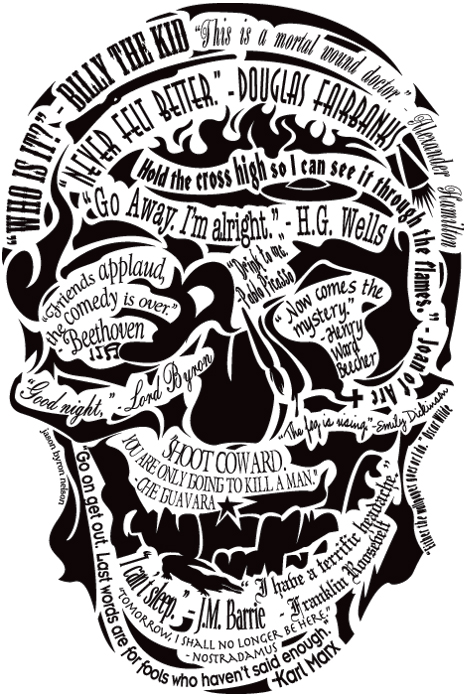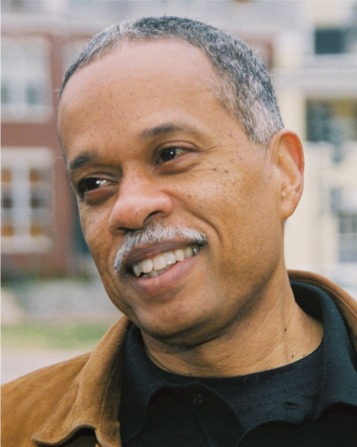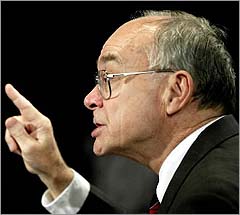
NAMI Joins In Correcting NPR’s CEO

Before You Vote, Question Candidates
Bob Carolla at the National Alliance on Mental Illness has been tirelessly lobbying editors, bloggers, and columnists to ask candidates in the upcoming November elections about the need for mental health reforms. Because of the recession, many states are cutting budgets and mental health funding often is an easy target.
We need to stop that from happening. 
Carolla and NAMI are wisely pointing out that cutting the budgets for mental health programs is counter-productive, especially when those cuts lead to persons with chronic illnesses ending up in jails and prisons because of a lack of adequate community services.
Part Two – The Power of Hurtful and Helpful Words
Words. They matter.
When I was doing research inside the U.S. Penitentiary in Leavenworth, Kansas, for my book about everyday life inside a maximum security prison, I learned to select my words very carefully.
This is because I was in a prison where what you said or didn’t say might get you stabbed.
Part One: Hurtful Words -Prejudice, NPR, and Fox TV
Juan Williams and I both worked at The Washington Post at the same time and have remained friendly ever since, so I was very interested in the media melodrama that unfolded last week when National Public Radio fired him. 
NPR CEO Vivian Schiller accused Juan of violating the radio network’s journalistic standards after he said on Fox Television’s “The O’Reilly Factor” that he got nervous when he was in an airport and saw people in Muslim garb.
His firing caused a flurry of accusations. Muslim groups accused Juan of being prejudice – a charge he denied. Bill O’Reilly accused NPR of dumping Juan because he had become a familiar face on the conservative Fox network — thereby irritating liberals. And everyone from Sarah Palin to NPR’s ombudsman chimed in.
Meanwhile, a chilling statement by Schiller was largely overlooked.
CIT Returns to Fairfax County!
 For those of you unfamiliar with CIT, it is a specially designed program that brings mental health professionals and law enforcement together to find ways to improve community mental health services.
For those of you unfamiliar with CIT, it is a specially designed program that brings mental health professionals and law enforcement together to find ways to improve community mental health services. Top Notch, Inspirational Speakers!
When I’m asked to recommend a speaker, I immediately mention four mental health advocates.
I’ve seen Fred Frese, PhD., talk for two hours and still leave the audience wanting more. Diagnosed with schizophrenia while in the U.S. Marine Corps, Fred could have easily ended-up in the back mental ward of a state institution, forgotten and  overlooked. Instead, he managed to win his freedom, take control over his symptoms and become a strident consumer advocate. Along the way, he earned a doctorate in psychology, ran a hospital ward and taught as a professor. As a speaker, he is an emotional powerhouse who causes listeners to leap to their feet.
overlooked. Instead, he managed to win his freedom, take control over his symptoms and become a strident consumer advocate. Along the way, he earned a doctorate in psychology, ran a hospital ward and taught as a professor. As a speaker, he is an emotional powerhouse who causes listeners to leap to their feet.


